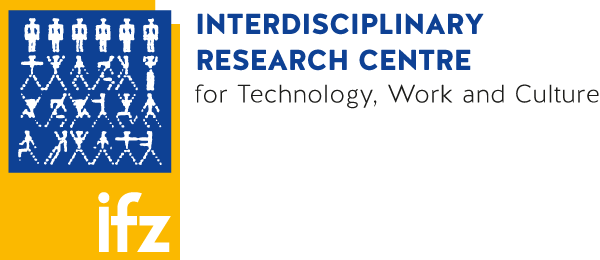GMO Risk Assessment and Communication of Evidence (GRACE)
One of the key research objectives pursued by GRACE was the provision of comprehensive reviews of the existing evidence on the health, environmental and socio-economic impacts of GM plants – considering both risks and possible benefits.
Europäische Kommission, 7. Rahmenprogramm
2012-2015
- Aarhus Universitet (DK)
- Agrobioinstitute (BG)
- Centre de Recerca Agrigenòmica Consorci (CRAG) (ES)
- Centre for European Policy Studies (BE)
- Council for Scientific and Industrial Research (ZA)
- Eidgenössisches Volkswirtschaftsdepartment (CH)
- Freie Universität Berlin (DE)
- Genius GmbH (DE)
- Institut National de la Recherche Agronomique (INRA) (FR)
- International Centre for Genetic Engineering and Biotechnology (ICGEB) (IT)
- Julius Kühn-Institut (DE)
- PERSEUS BVBA (BE)
- Slovenska Zdravotnicka Univerzita v Bratislave (SK)
- Stichting Dienst Landbouwkundig Onderzoek (SDLO-RIKILT) (NL)
- Sweet Environmental Consultant (UK)
- Technische Universität München (DE)
- United States Department of Agriculture Agricultural Research Service (USA)
GRACE’s review strategy went beyond what had been done before. Reviews were conducted in a systematic, transparent and inclusive way based on procedures originally developed for evidence-based medicine (systematic reviews). The results were made accessible to the public via an open access database and other channels.
Secondly, GRACE tested various types of animal feeding trials and alternative methods without the use of animals in order to determine how suitable they are and what useful scientific information they provide for health risk assessments of GM food and feed. During the lifetime of the project different views existed at EU level and between Member States on the need for and scientific value of such studies. The project also checked whether extended feeding trials can improve risk assessments compared to in-vitro, in-silico and omics methods.
Transparency and user and stakeholder involvement and scrutiny were key features of GRACE. The project worked closely with representatives from a broad range of stakeholder organisations as well as with professional risk assessors and risk managers. This included planning and preparing the research activities as well as discussing the results and drawing conclusions. For this purpose, the GRACE project organised workshops and conducted interviews and surveys and prepared feed-back reports to ensure that the information and the views of stakeholders were fed into this project.
IFZ was leading the work package for user and stakeholder involvement and also worked on the core review process.
